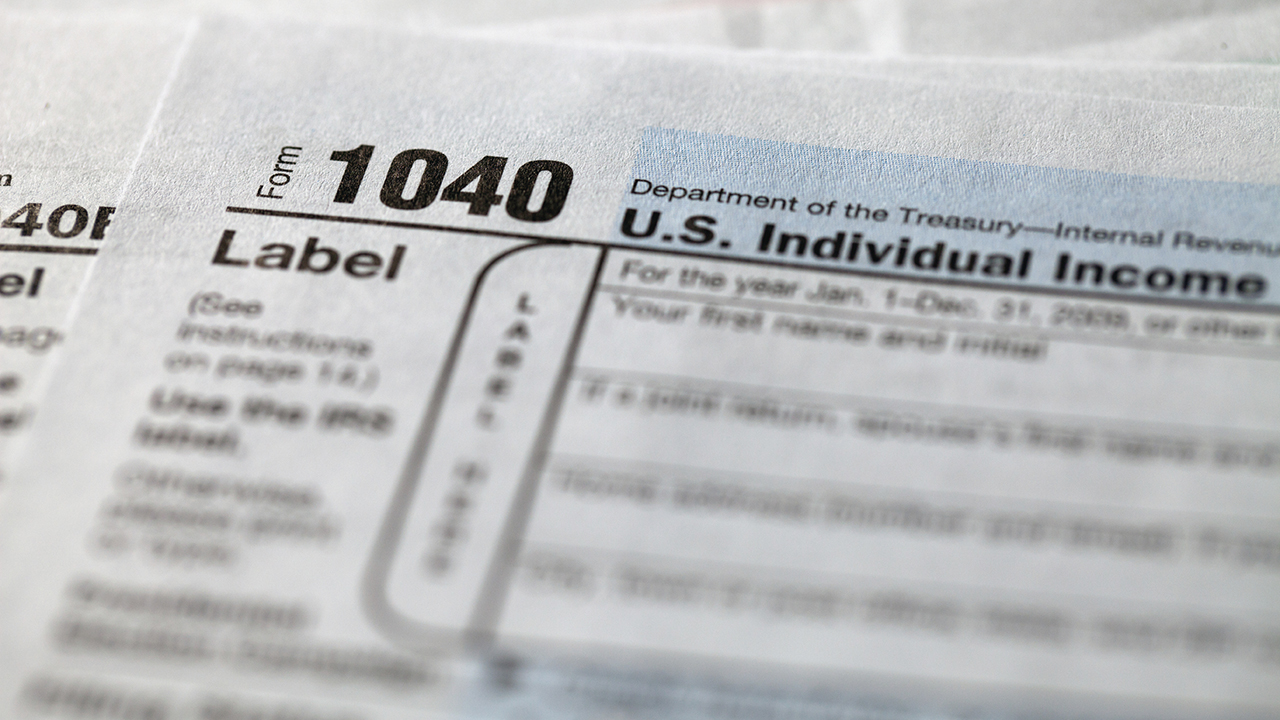Abortion rights, women of color, and LGBTQIA+ people are under attack. Pledge to join us in fighting for gender justice.
If We Want to Tax the Patriarchy, We Need Fair Tax Enforcement

Since mid-March 2020, U.S. billionaires—disproportionately white men—have increased their wealth by $1.3 trillion, while millions of people—disproportionately women of color—have lost their jobs and struggle to keep food on the table. One way to curb this runaway inequality? The IRS.
We need fair and effective tax enforcement now more than ever. Instead of working to correct this egregious imbalance, an underfunded IRS allows many of the wealthiest Americans to avoid paying their taxes (including our former President). One study found that, in one four-year period, the IRS failed to go after over 300,000 high-income individuals who did not file tax returns. And this week, IRS Commissioner Chuck Rettig said that the amount of uncollected taxes could be as much as $1 trillion or more per year. This is not how the system is supposed to work.
IRS funding has been reduced by almost one-third in the last decade, impacting its ability to go after high-income taxpayers with the resources for lengthy, expensive legal battles. And so, as several lawmakers have recently proposed, one way to strengthen tax enforcement is to increase IRS funding and mandate audit quotas for high-income taxpayers. These policy changes would:
- Increase gender and racial equity. Tax enforcement against the very rich has declined to the point where the IRS now audits low-income taxpayers claiming the EITC—a refundable tax credit from which women and people of color disproportionately benefit—at approaching the same rates as the top 1%. This lopsided audit rate hurts women and people of color and allows the very wealthy—overwhelmingly white men—to avoid paying their fair share.
- Reduce wealth disparities. The current level of wealth inequality is nearing that which preceded the Great Depression: The top 1% of households have 15 times more wealth than the bottom 50% taken together. And these wealth disparities fall along stark gender and racial lines: a single, Black woman owns $200 in wealth for every $28,900 a single, white man owns. Increasing tax enforcement on the rich would help break up huge accumulations of wealth and reduce these enormous disparities.
- Raise more revenues. The IRS reported an annual tax gap of $441 billion from 2011 to 2013—but, as the IRS Commissioner stated, the actual amount of uncollected taxes is likely much higher. Increasing IRS funding would allow the agency to go after high-income taxpayers and bring in lost revenues. The Treasury Department has estimated that every $1 in funding for enforcement would collect nearly $6 in taxes owed—a tremendous return on investment.
The Biden-Harris Administration’s recently unveiled budget proposal includes a one-year $417 million increase for IRS enforcement. Policymakers should provide the robust, multi-year funding necessary to fully rebuild the IRS. Not only would these investments help us achieve fairer tax enforcement, they would also be a common-sense way to raise revenues to rebuild a more equitable economy.





